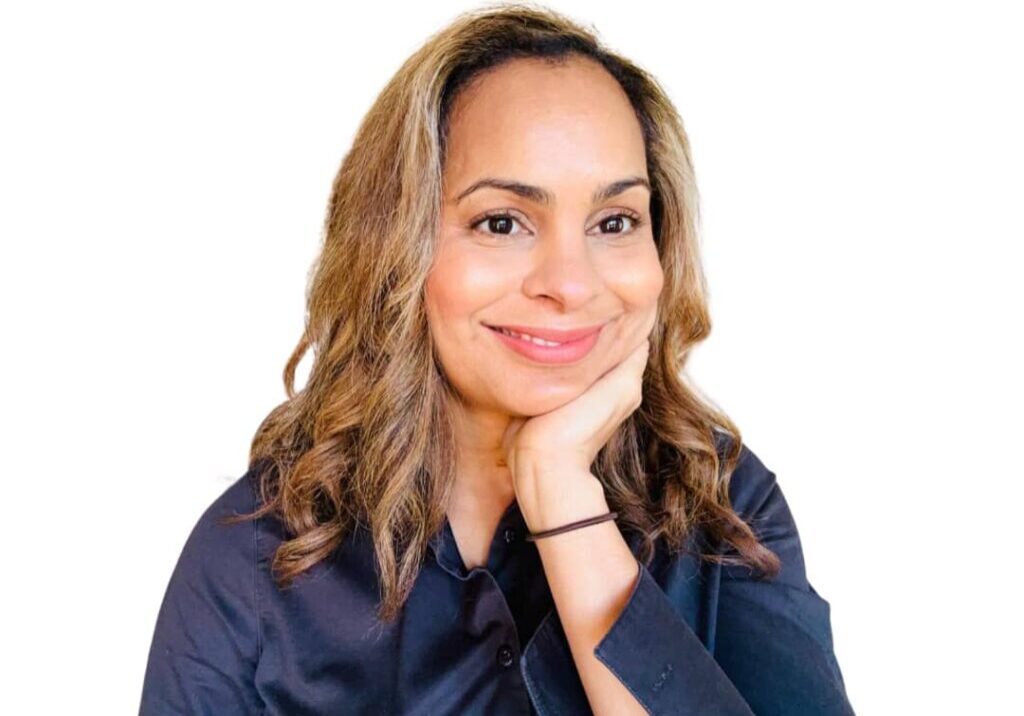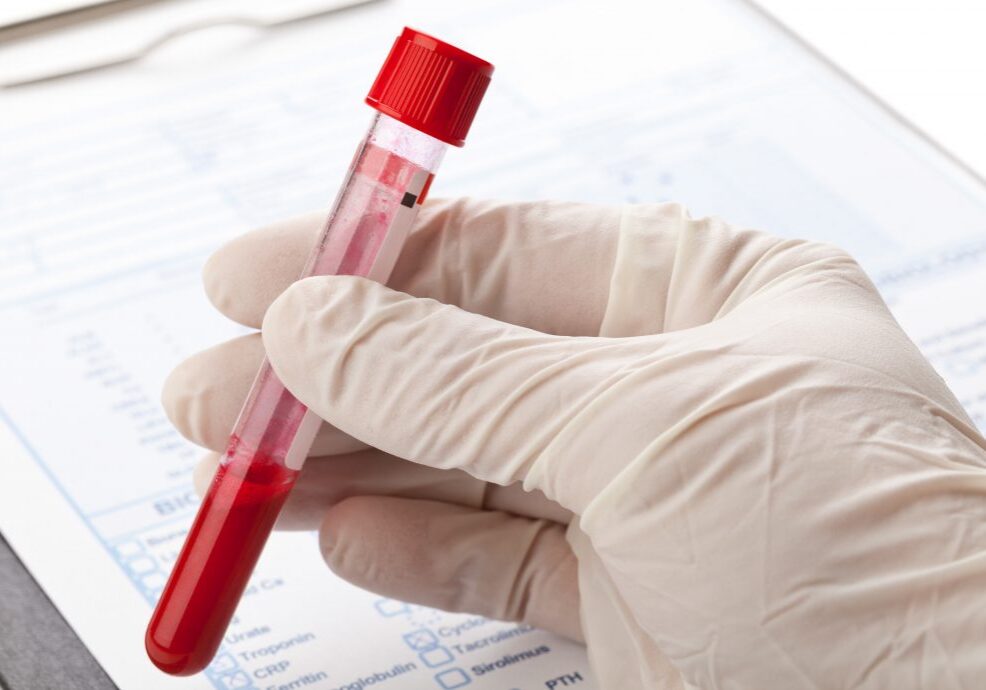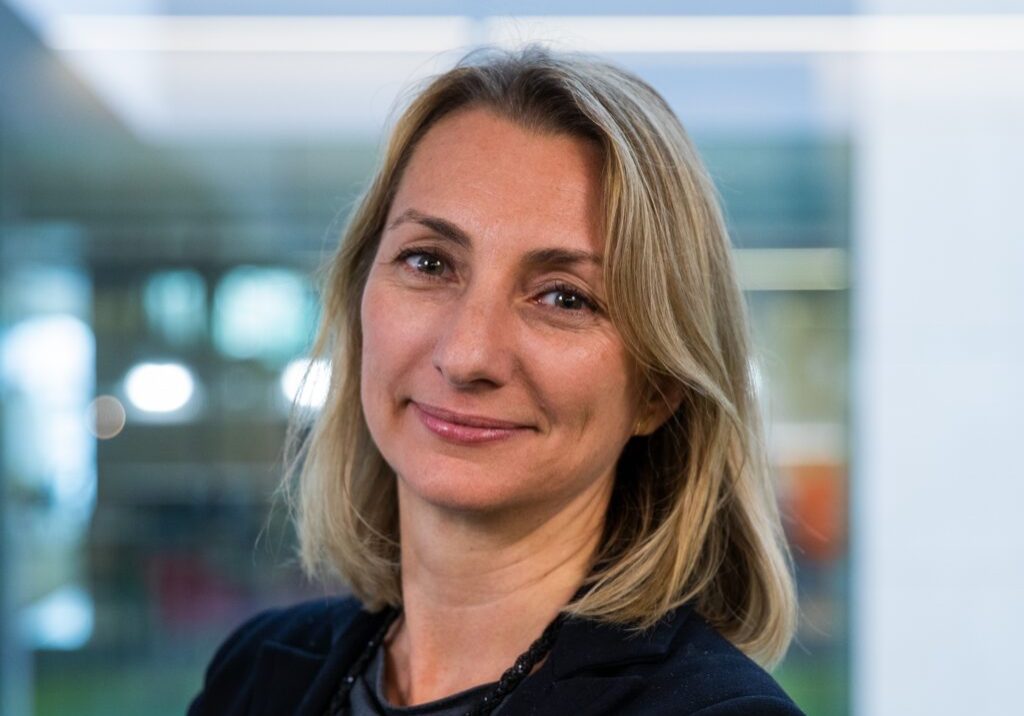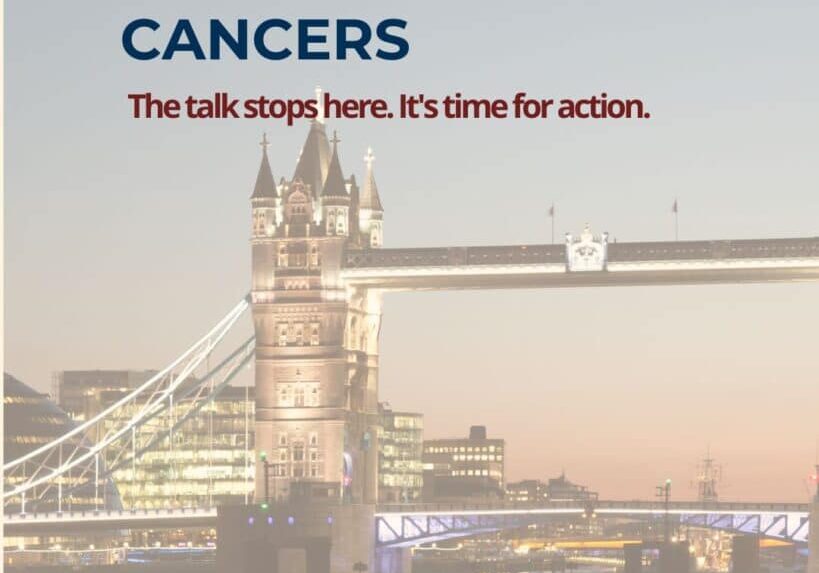Respiratory-Swallow Training in Head and Neck Cancer
Difficulties swallowing food and drink following cancer of the head and neck are common. Swallowing difficulties often arise due to the position of the tumour itself (which may be found in the mouth, tongue, voicebox or throat) and after treatment (surgery, chemotherapy and/or radiotherapy). Swallowing difficulties may last a long time and can lead to problems such as: fear of eating; losing weight; chest infections; and even death. Swallowing difficulties can also have a negative impact on an individual’s mental health. These difficulties can affect how people interact with others and whether they take part in enjoyable activities. Unfortunately, exercises designed to improve swallowing do not always work for a lot of patients with head and neck cancer. This means we need to look for new ways of improving swallowing.
The solution? Recently, new training, which aims to change the breathing-swallowing pattern of patients with swallowing difficulties, has been developed in America. It seems to work well and improves swallowing for people with head and neck cancer. However, this training programme requires expensive equipment and a lot of training to work. Dr Michelle Lawton and colleagues from the Liverpool Head and Neck centre thinks it is possible to train people to improve without this expensive equipment. This will benefit patients because, if it works, it will be available quickly to lots of people. It will also be easy to access from home, reducing the need to come into hospital.
Dr Lawson is running a study which aims to:
- develop a training package for speech therapists.
- train speech therapists to use the programme with patients.
- see if we can train speech therapists to give the right feedback to patients during training, without the use of expensive equipment.
- carry out a study to see how the training programme would work in practice, using equipment to train one group and no equipment in the other group.
- find out about whether the project is doable, likely to work in the NHS and worth investing in.
- ask patients and therapists about what they think of the training and whether it can be improved.
- make sure the results are available to all, including patients, healthcare professionals and researchers, using research articles, social media, newsletters and videos.
Dr Lawson told us “I will continue to work with patients and therapists to make sure that the research is meaningful to patients with head and neck cancer and the NHS. Therapists and patients will help to develop the training. Patients will help to make sure the study is designed well, and the results are important to them.“
Dr Michelle Lawson can be contacted at michelle.lawton@liverpool.ac.uk and see more at Liverpool Head & Neck Centre | World-Class Research For Patient Care | Liverpool Head & Neck Centre (livheadandneck.co.uk)

Using the power of football to help prevent cancer
This week, Oracle Head & Neck Cancer UK has launched an important awareness campaign in partnership with Bromley FC, using the reach of football to shine a light on head and neck cancer prevention and the life-saving importance of the HPV vaccine. Throughout the week, Bromley FC is sharing trusted health information with its supporters,…

Cancer Care: Why Mental Health Support Must Be Part of Every Cancer Journey
Oracle Head & Neck Cancer UK is proud to support the Daily Express Cancer Care campaign, a powerful series that shines a light on the often unseen emotional toll of cancer – and the urgent need for better psychological support for everyone affected. The campaign published over the past three weeks featured voices from across…

Ground-breaking blood test shows promise for early detection of head & neck and other hard-to-screen cancers
A new large-scale trial has found that the blood-based screening test known as Galleri test can detect more than 50 types of cancer – including cancers of the head and neck, which currently have no routine screening programme – and may significantly boost early diagnosis. The trial showed that, when used alongside existing screening methods,…

2 Minutes to Save Your Life: Oracle Launches HeadNeckCheck Campaign for Make Sense Week
This Make Sense Week (15-20 September), the European-wide head and neck cancer awareness initiative, Oracle Head & Neck Cancer UK, is championing both prevention and early detection – recognising that stopping cancer before it starts is just as vital as catching it early. Two Ways to Fight Cancer This Week Prevention Today: Head and neck…

Leadership update
After four successful years as CEO, Tamara Kahn has transformed Oracle into a respected national voice for head and neck cancer patients. She established a national presence, created a four-pillar RACE strategy (Research, Awareness, Collaboration and Patient/Community Engagement) and built strong policy influence. With these foundations now firmly in place, Tamara will transition from her…

Finding Light in Adversity: Seven inspiring stories through head and neck cancer
A new collection of patient stories from Oracle Head and Neck Cancer UK reveals how individuals facing head and neck cancer have discovered unexpected sources of strength, purpose and even joy during their treatment and recovery. The seven contributors share remarkably similar themes despite their unique journeys. Almost all emphasise the power of maintaining a…

NHS to fast-track patients with head and neck cancer into cancer vaccine trial
Patients with advanced head and neck cancers in England will be fast-tracked into a trial of a new cancer vaccine, as the NHS expands its world-leading trial ‘match-making’ service. The investigational cancer vaccine uses mRNA technology to help the immune system recognise and kill cancer cells containing human papillomavirus proteins. More than 100 patients with advanced head…

World Head and Neck Cancer Awareness Day 2025: The HPV Vaccine Could Save Your Life
27th July 2025 This World Head and Neck Cancer Awareness Day, Oracle Head and Neck Cancer UK has a simple but urgent message: HPV vaccination saves lives. With HPV-related head and neck cancers having doubled in the past 20 years, the charity is using today to remind the public that these devastating cancers are preventable…

Data from the National Disease Registration Service on HPV associated and HPV independent oropharyngeal squamous cell carcinoma
The Get Data Out Programme from the National Disease Registration Service (NDRS), part of NHS England, has published statistics on incidence, routes to diagnosis and treatment for patients diagnosed with oropharyngeal cancer in England by human papillomavirus (HPV) status. To our knowledge this is the first time data on oropharyngeal cancer by HPV status has…

Join Us for an Evening of Research, Impact, and Conversation
Research & Impact EveningDate: Monday 28th April 2025Time: 6:00 PM – 8:30 PMVenue: Skyline, Tower Suites, 100 Minories, London EC3N 1JY A Celebration of Research Join us for a meaningful and action-focused evening where we’ll be diving into some of the big conversations around head and neck cancer – especially those linked to HPV (human…



